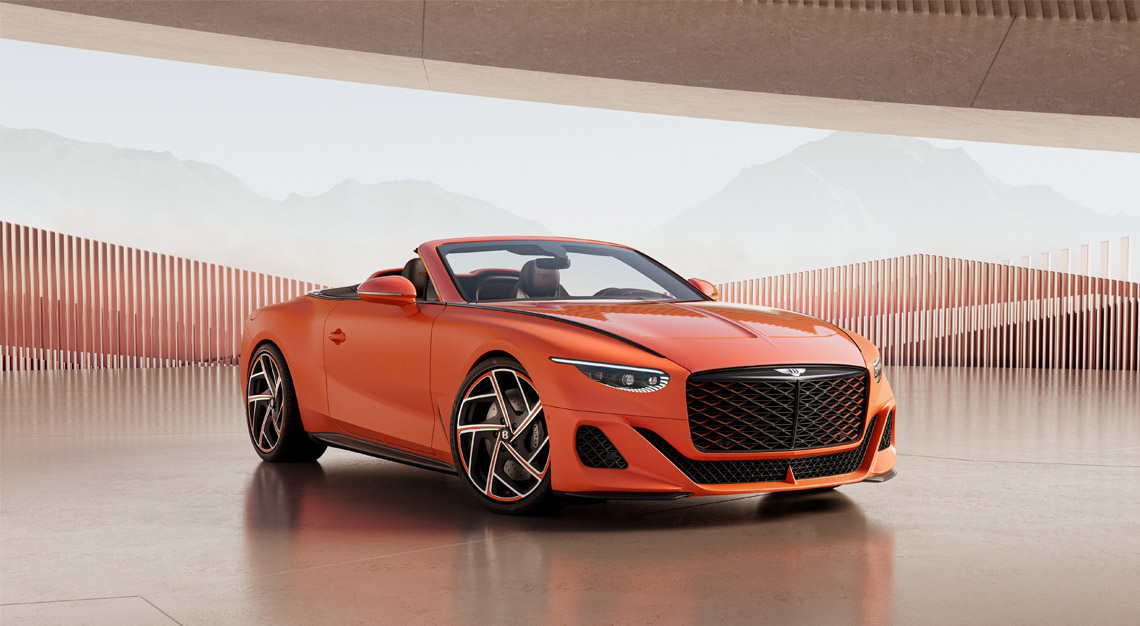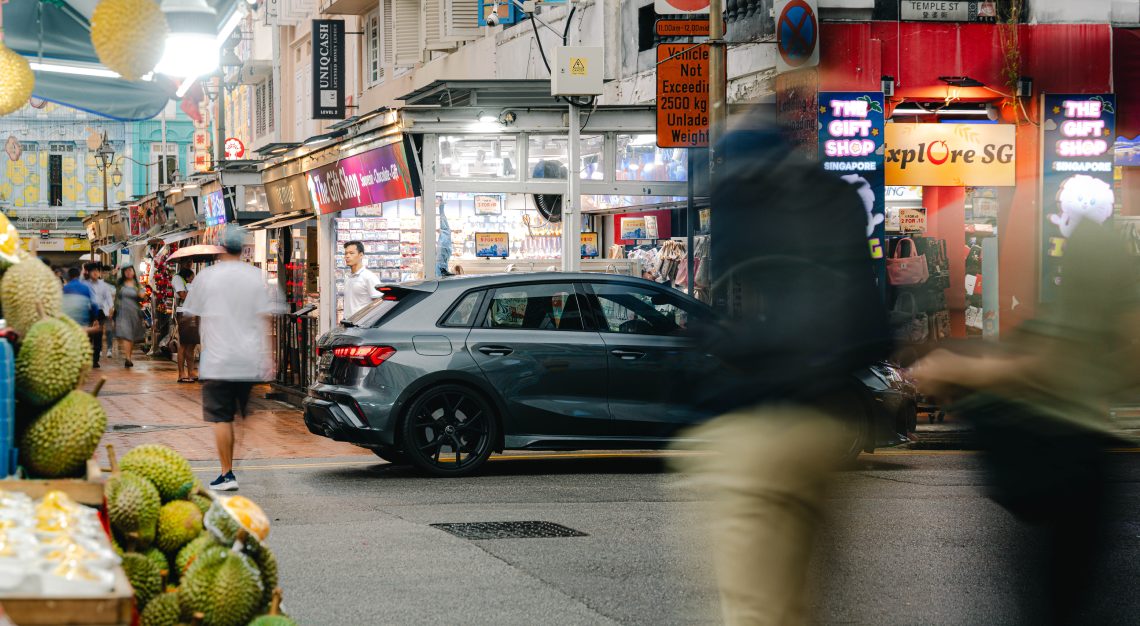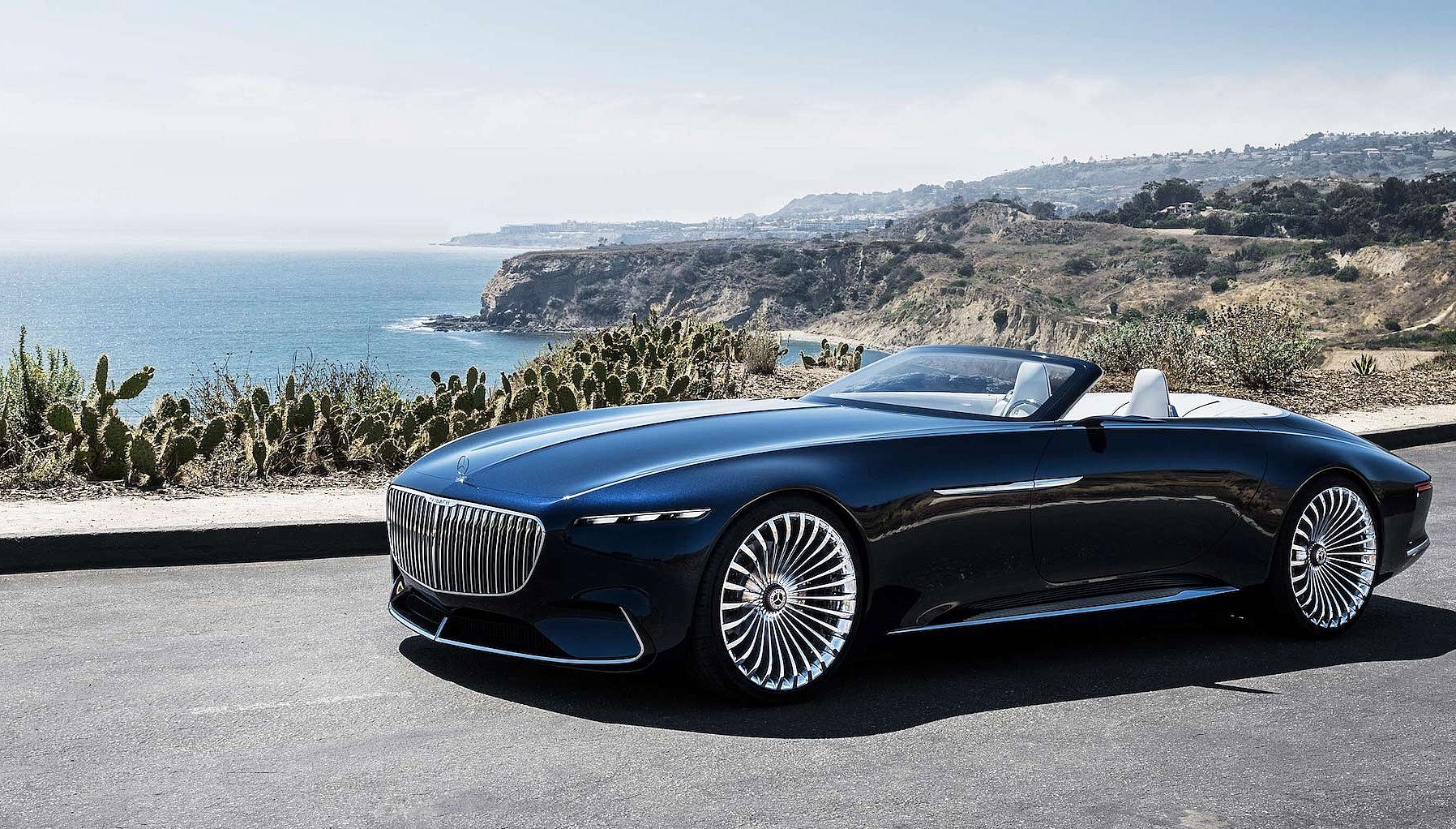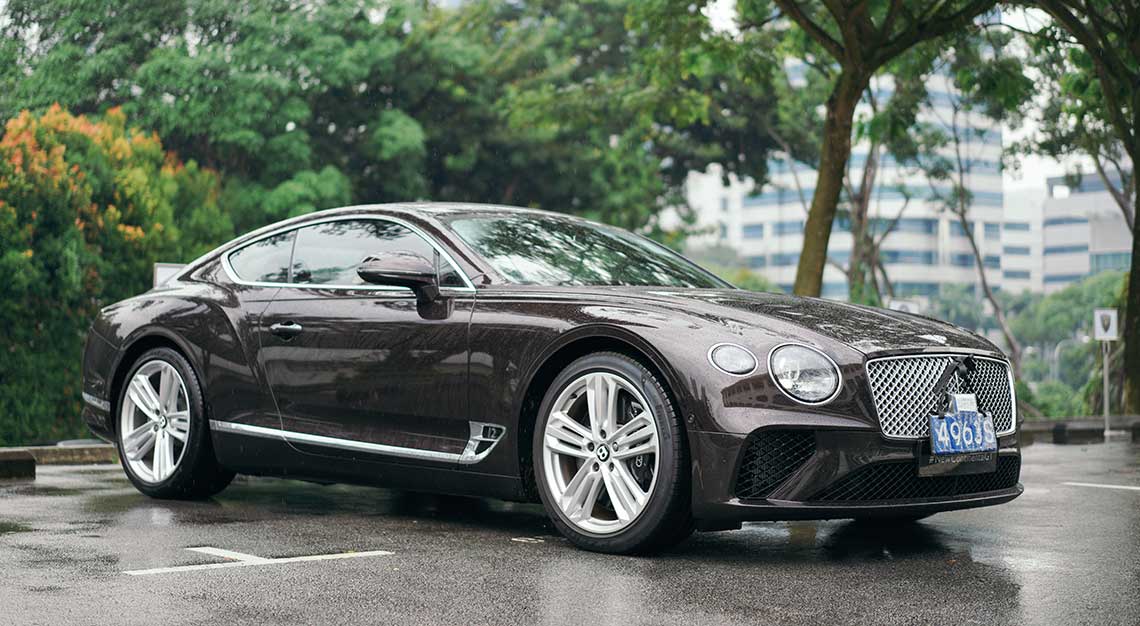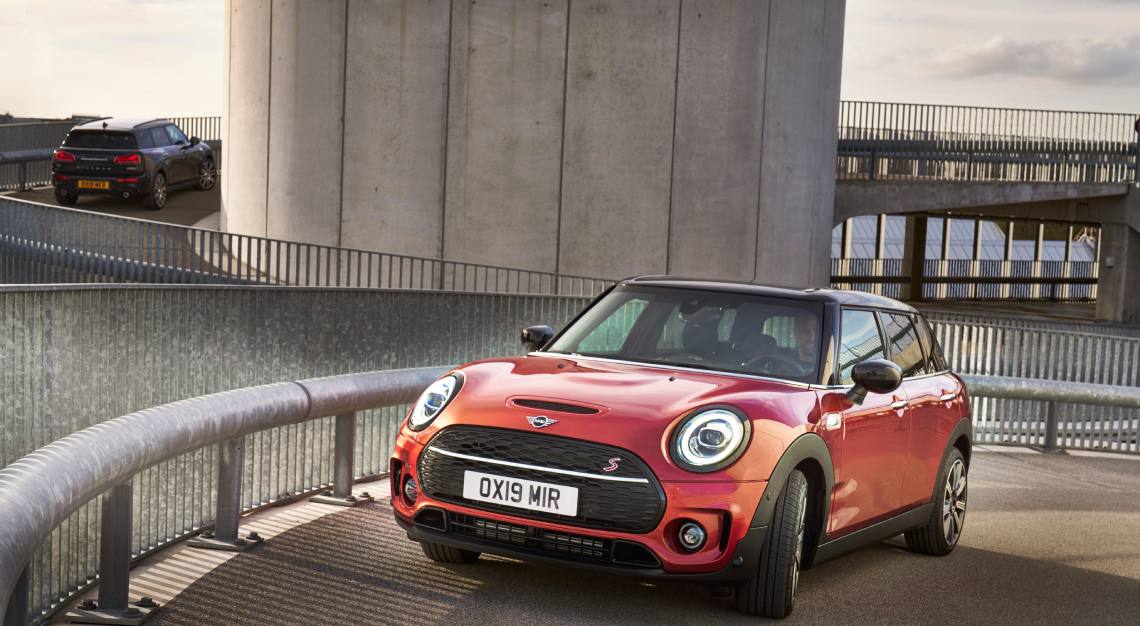The facelift of the Rolls-Royce Phantom VIII is less about new features and more a pointed reminder of why it sits at the top
When it comes to cars, it is difficult to make a mid-generation refresh really that interesting. It is arguably even harder with Rolls-Royce, as its cars are designed to leave nothing out in the first place. And this is largely true for the Phantom VIII, the British automaker’s flagship sedan: its refresh includes essentially nothing to the actual usage of the car, from the drivetrain to the interior setup—the door close buttons are still right there, on the inside of the C-pillar, and the Champagne right where it is supposed to be, in the chiller between the most pampering of rear seats.
In terms of functions, the owners-only Whispers app can now send destinations directly to the car, and can now monitor location and security status, amongst other slightly useful things. Aesthetically speaking, it benefits from some minor tweaks. One of the more notable is the horizontal accent at the front, literally underlining the iconic ‘RR’ badge and Spirit of Ecstasy ornament and stretching above the Pantheon Grille. It makes the Phantom a touch more assertive and modern—not that its predecessor lacked either—and the grille as well is now illuminated, a party trick first seen on the new Ghost.
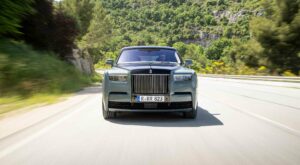
There, however, a couple of compelling new decorative features. The first of these are the wheel discs, available in polished steel or black lacquer, that will cover the wheel spokes entirely. Inspired by Rolls-Royces of the 1920s, the effect when in motion is that the car will seem to glide, which befits a brand known for its ‘magic carpet’ ride. The headlights now sport starlights, hundreds of tiny pinpricks of light which lend some cosmic spontaneity to evening events—and are the ideal exterior partner to the Starlight Headliner on the inside. It is a detail that took a surprising amount of work to get right, as in order to produce perfect, precise circles on a surface as dramatically curved as the inside of the headlight module, the 3D laser-cutting process had to essentially be invented from scratch.
But things are different when it is Rolls-Royce. For one, platforms are expected to last longer. The Phantom VII, which opened the BMW era of the brand in 2003 and was responsible for catapulting the Rolls-Royce name back into the heights of relevance, lasted a good 15 years. And then there is also customer feedback, of a type most brands will never reach; due to the exclusivity and expectations of the Rolls-Royce client, the marque communicates more closely with its customers than most. And the overwhelming feedback was: ‘don’t fiddle with my Phantom.’
The facelift does, however, have good timing. By its nature as a halo offering, the Phantom is far from Rolls-Royce’s bestselling product—and indeed, the brand’s most headline-grabbing outings the past few years are the Cullinan SUV, and the smaller four-door stylings of the second-generation Ghost.
The Phantom, then, could use a bit of a signal boost. After all, to really understand the brand, one must understand the unfettered luxury of the Phantom—it contextualises the rest of the lineup. To that end, Rolls-Royce organised a fleet of Phantom VIIIs to take centre stage for two weeks on the French Riviera for a global media event.
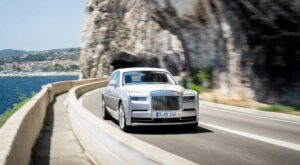
Proceedings took place out of the newly minted Maybourne Riviera, perched on a cliffside overlooking Monaco. You know the one—of casino and Formula 1 fame, where the Mediterranean stretches out as blue as promised and is studded with yachts (both super- and mega-), where hotels are landmarks of architecture and service, and supercars eagerly line the boulevards. If there was ever any hope of the Phantom blending in, it would be here—but no, even in the heart of Monte Carlo the updated Phantom VIII makes its presence felt. Maybe it is the height of the shoulder-line, or the imperious Pantheon Grille, or the new wheel discs, or even just the colour—the press fleet consists of bespoke customisations that reflect various personalities, and some are bold indeed, especially under the relentless summer sun—passers-by will invariably stare, even in here where one in three are millionaires and property is over €100,000 (S$138,957) per square metre.
Meanwhile, the coastal roads and their breath-taking views are an ideal course to be reminded of the Phantom’s incredibly unbothered and silent ride. Though a bit too winding and narrow, one might say—but not at all, for the Phantom, with the endless torque of its turbocharged 6.75-litre V12, its telepathic suspension and rear-wheel steering is actually quite nimble. It is a myth that the Phantom was not designed to be driven, but driven in—for it drives supple and responsively. It is perhaps true that it is not meant to be manoeuvred, as such—if stopping for lunch at a cobblestoned medieval village with streets designed for defence, it is best to plan ahead and perhaps prepare to do some walking.
The choice of venue is surely about showing off at least a little—but more than that, the Rolls-Royce philosophy has roots in the region. In his later years, at the advice of his doctors, Sir Henry Royce would spend every winter in the south of France, sending designs back to the factory in England and having cars driven to him for feedback. Charles Rolls, ever the salesman, was said to have driven Rolls-Royce cars down the Promenade des Anglais in Nice to grab the attention of bystanders and extol the virtues of his quiet, smooth-riding products. From Queen Victoria to Winston Churchill, to any number of luminaries, writers and artists who would visit—the French Riviera is a magnet to inspiration and personalities. As such, to understand Rolls-Royce, one may have to understand this place as well.

